Chia seeds come from the desert plant Salvia Hispanica, a member of the mint family. The origin of Salvia Hispanica is believed to be in Central America, where it was a staple in the ancient Aztec diet. The seeds of a related plant, Salvia columbariae (golden chia), were used primarily by Native Americans in the southwestern United States. Chia seeds are an excellent source of omega-3 fatty acids and dietary fiber, containing protein and minerals such as iron, calcium, magnesium, and zinc.
Benefits
Rich in Nutrients
Packed with fiber, protein, omega-3 fatty acids, vitamins, and minerals such as calcium, magnesium, and phosphorus. This nutrient profile makes chia seeds a valuable addition to a balanced diet.
High in Fiber
Are rich in dietary fiber, both soluble and insoluble. Fiber is essential for digestive health, promoting regular bowel movements, and preventing constipation. It also helps regulate blood sugar levels, lower cholesterol, and promote feelings of fullness, aiding in weight management.
Omega-3 Fatty Acids
Are an excellent plant-based source of alpha-linolenic acid (ALA), a type of omega-3 fatty acid. Omega-3 fatty acids are known for their anti-inflammatory properties and are important for heart health, brain function, and overall well-being.
Antioxidant Properties
Contain antioxidants, including flavonoids, phenolic compounds, and vitamins such as vitamin E. Antioxidants help neutralize harmful free radicals in the body, reducing oxidative stress and lowering the risk of chronic diseases such as heart disease and cancer.
Blood Sugar Control
The high fiber and protein content of chia seeds can help stabilize blood sugar levels, making them beneficial for individuals with diabetes or those at risk of developing diabetes. Consuming chia seeds with meals can slow down the absorption of sugar into the bloodstream, preventing spikes and crashes in blood glucose levels.
Heart Health
May have protective effects on heart health. Studies have shown that regular consumption of chia seeds can help reduce risk factors for heart disease, such as high cholesterol and triglyceride levels, as well as high blood pressure.

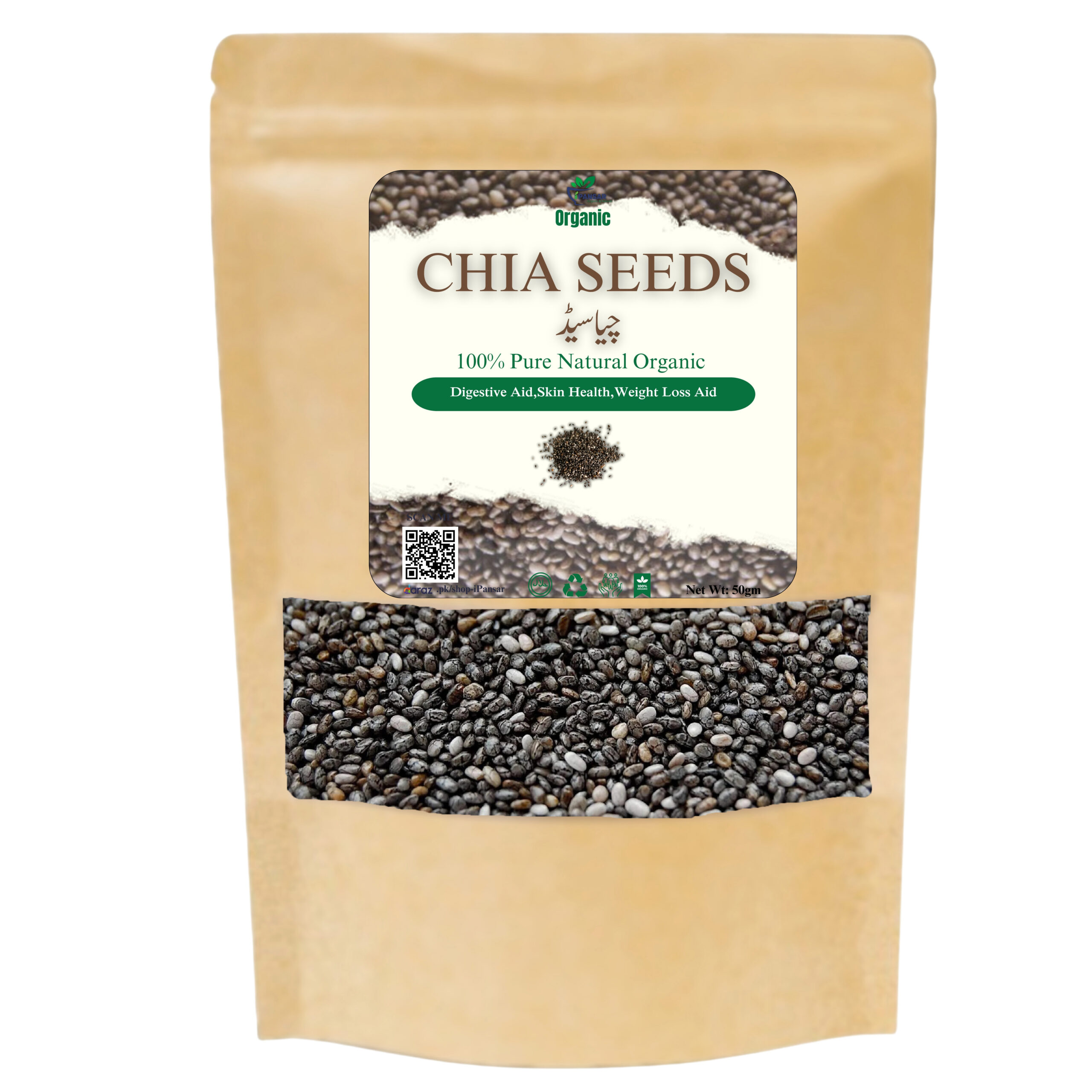

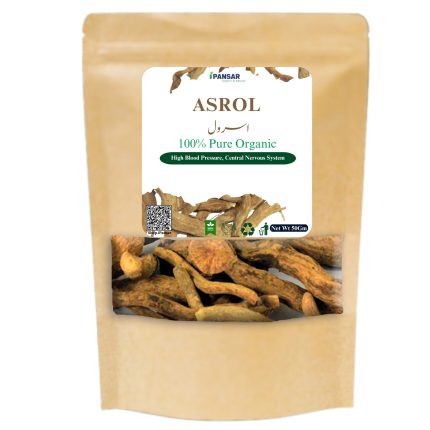


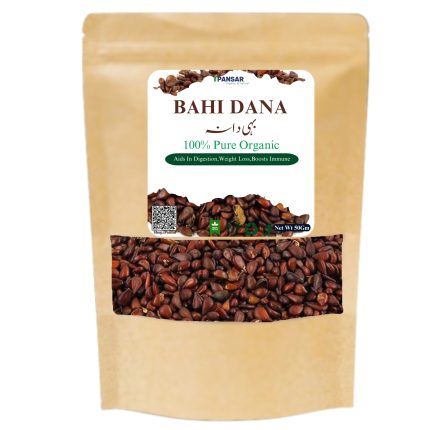
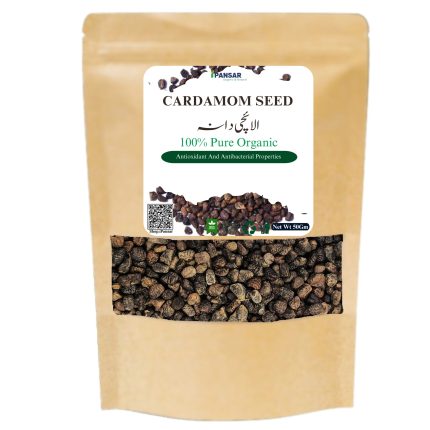

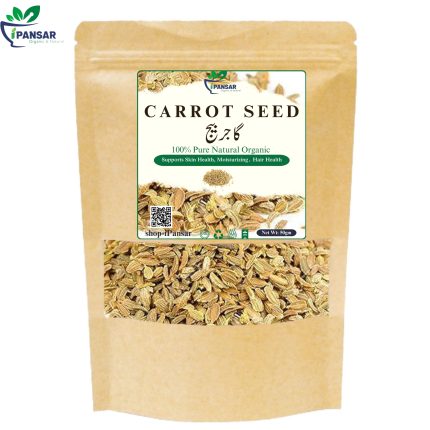
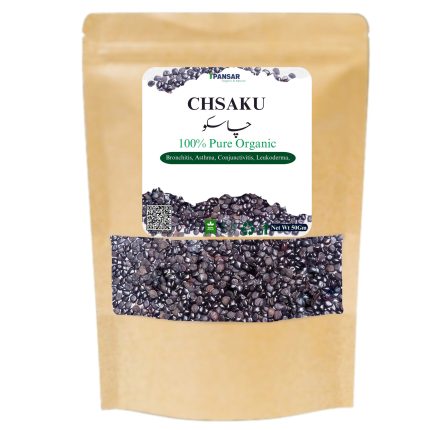


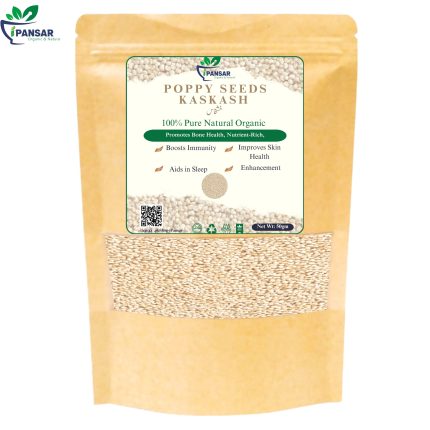
Reviews
There are no reviews yet.